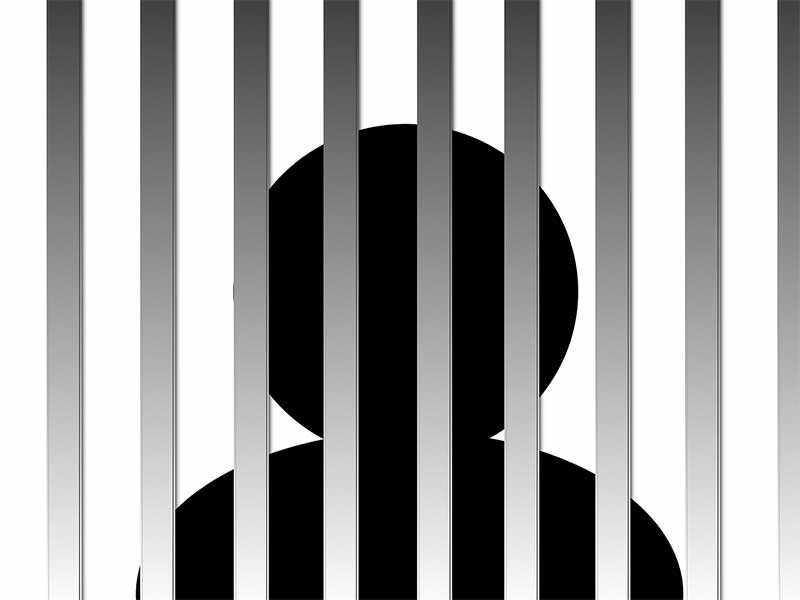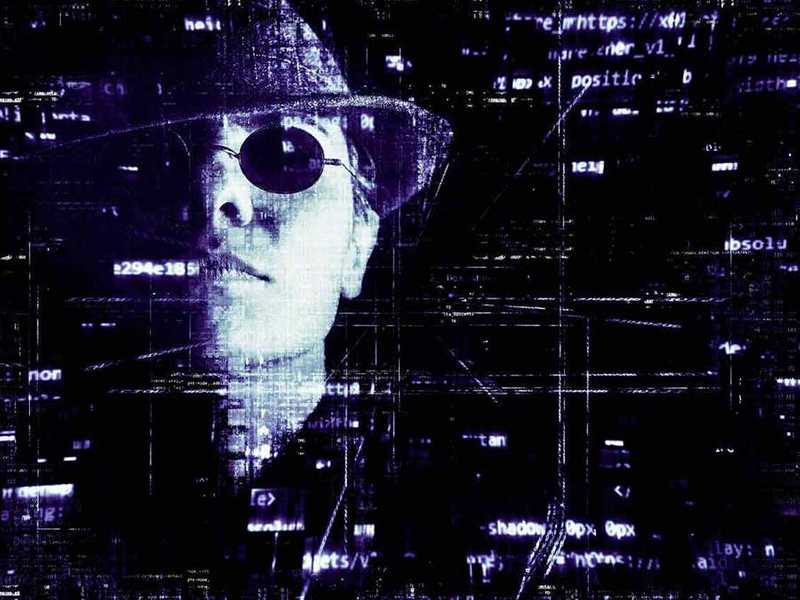1. Granting a search order: the legal test
Jurisdiction to grant a search order is now contained in s. 7 of the Civil Procedure Act 1997.
That section is headed "Powers of courts to make orders preserving evidence, etc." Its key provisions state as follows:
(1) The court may make an order under this section for the purpose of securing, in the case of any existing or proposed proceedings in the court ... (a) the preservation of evidence which is or may be relevant .... ...
(3) Such an order may direct any person to permit any person described in the order ... (a) to enter premises in England and Wales, and (b) while on the premises, to take in accordance with the terms of the order any of the following steps.
(4) Those steps are— (a) to carry out a search for or inspection of anything described in the order, and (b) to make or obtain a copy, photograph, sample or other record of anything so described. ..."
Common law
Before the 1997 Act came into force, the Courts granted search orders under their common law powers.
The first case to do so was the decision of the Court of Appeal in Anton Piller KG v Manufacturing Processes Ltd [1976] Ch 55. It is for this reason that search orders were originally called "Anton Pillar orders".
The common law remains important, however, because it lays down the precise requirements for the grant of a search order. They are:
- That the Applicant has a very strong prima facie case on the merits (ie a really strong case that he has suffered loss by reason of fraudulent conduct).
- The danger the Applicant seeks to avoid by the grant of an order must be very serious (ie the evidence sought to be preserved must be of major if not critical importance).
- There must be 'clear evidence' that (i) the respondent has in their possession incriminating documents and (ii) there is a 'real possibility' that they may destroy, conceal or dispose of those documents.
- That the harm the search order is likely to cause the respondent is not excessive or out of proportion to the legitimate purpose of the order.
2. The search
A search order is targeted at documents relating to particular issues.
It does not allow the applicant to remove or copy material that is clearly irrelevant, for example private diaries, family photos or material relating to business ventures unconnected with the application.
Relevance in practice
In practice, however, determining what is relevant can be difficult. Take for example a search order granted to try to identify what assets an applicant can enforce against.
First, it may be difficult to work out whether a particular document is relevant at all. A document may contain scribbled numbers which, when analysed, show how much money was invested in a particular business venture; or they may be the numbers of bank accounts or Bitcoin public/private keys.
Indeed, something as prosaic as a holiday photograph with a castle in the background may be relevant: is the castle an undisclosed asset that can be enforced against?
Secondly, electronic documentation means that it is simply nor possible to conduct a relevance search in a short period of time. We communicate by messages and emails more than ever; they tend to be retained for extensive periods of time. Ditto other electronic documents such as word and excel files.
Legal professional privilege
Search orders must also respect legal professional privilege. This is another reason why a search for documentation can take a long time. Fraudsters often have a number of different lawyers in various jurisdictions. And it is difficult to put the genie back in the bottle if privilege information is inadvertently disclosed to an adversary.
Privilege against self-incrimination
On the other hand, a respondent to a search order cannot typically claim the privilege against self-incrimination (PSI). There are a number of reasons for this:
- There is a line of authority, going up to the Court of Appeal, which states that PSI cannot be claimed in relation to information that is already in existence -- it can only be claimed when you are being asked to make a new document or provide new information by witness statement or affidavit.
- There are a number of statutes which provide that PSI cannot be claimed in civil proceedings relating to intellectual property and fraud, on condition that the disclosure given is not to be used in any subsequent criminal prosecution. See, eg, s. 72 of the Senior Courts Act 1981 (intellectual property cases) and s. 13 of the Fraud Act 2006 (cases where the PSI would otherwise be claimed in relation to fraud offences).
- Applicants can often give undertakings as to their use of information to be obtained under a search order which can satisfy the Court that there is no PSI issue.
3. Search orders in a digital era
The Court of Appeal in TBD (Owen Holland) Limited v Simons [2020] EWCA Civ 1182 explained how search orders should operate in a digital era.
The lead judgment was given by Arnold LJ. He was at pains to explain how search orders have changed since they were first granted in the 1970s.
Analogue orders in a digital era
At [176], Arnold LJ said this:
"... search orders originated in the analogue era when most documents existed solely in paper form. Since then, of course, technology and business have been transformed by digitisation, widespread availability of significant portable computing power and the explosion in both wired and wireless connectivity. The result is that most documentary evidence nowadays exists in digital form stored either in digital devices or in the cloud. The relevance of this transformation to search orders has been insufficiently appreciated."
Arnold LJ went on to explain that the digitisation of data had advantages and disadvantages (at [178]):
- Advantages: imaging is a relatively non-invasive process that allows all digital evidence on a particular device to be preserved.
- Disadvantages: imaging does not discriminate between relevant, irrelevant, privileged and personal data.
Consequences for search orders
These developments have two key consequence for search orders ([179]).
First, an order requiring the imaging electronic material will often be the best way of preserving evidence.
Second, such an order may often be all that is necessary.
Imaging orders: practicalities
Arnold LJ laid down a number of practical points for the purposes of conducting a search of electronic documents that had been imaged ([182]-[192]). In short:
- In a pre-judgment context, the purpose of a search order is to preserve evidence. The purpose is not to give the claimant the benefit of either (i) early disclosure or (ii) a disclosure exercise over the defendant's documents conducted by the claimants ([189]). The general rule is that the claimant will not be entitled to carry out a search of documents (and certainly not pursuant to a without notice order).
- However, in some cases urgency may justify a claimant carrying out the search [190]. It might, for example, be necessary to identify or follow property, or identify other wrongdoers, on an urgent basis.
- Practicalities may also play a part: the defendant may not have the resources for his solicitor to conduct a speedy and/or thorough review of the material [190].
- It is almost always right for a defendant's solicitors to be given the opportunity to review documents in the first instance in order to remove privileged material [191].
- Claimants should not be entitled unilaterally to decide what keywords should be searched over relevant material [192]. They may well propose keywords "that are far too all-embracing" (ibid).
The fundamental safeguards
Arnold LJ concluded this aspect of his judgment by explaining at [193] that:
"... the basic safeguard required in imaging orders is that, save in exceptional cases, the images should be kept in the safekeeping of the forensic computer expert, and not searched or inspected by anyone, until the return date. If there is to be any departure from this, it will require a very high degree of justification, and must be specifically and explicitly approved by the court. On the return date, consideration must be given to the timing and methodology of disclosure and inspection of documents captured in the images. The presumption should be that it will be for the defendant to give disclosure of such documents in the normal way, but this presumption may be departed from where there is sufficient justification. Even if the presumption is departed from, there should be no unilateral searching of the images by or on behalf of the claimant: the methodology of the search must be either agreed between the parties or approved by the court."





